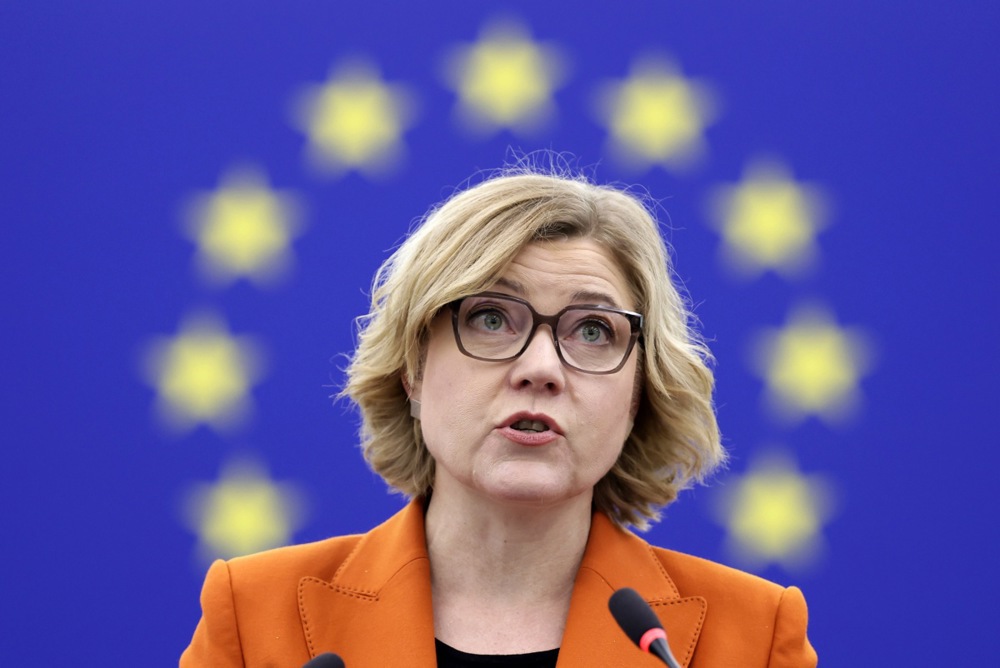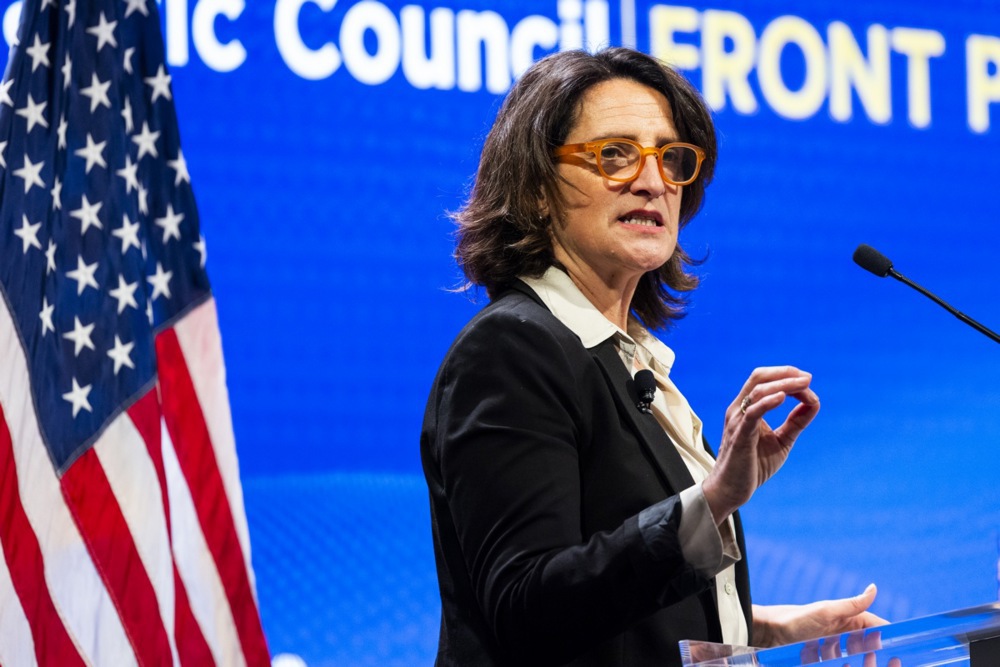The European technology industry has urged a pause on the introduction of new digital regulations and demanded the European Union concentrate on implementing existing rules and tackling Europe’s widening competitiveness gap before introducing extra legislative measures.
With several major digital laws only recently adopted, experts have warned that adding new layers such as the Digital Fairness Act (DFA), part of the EU Digital Fitness Check, on top of other such as the 2022 Digital Services Act (DSA), Digital Markets Act (DMA) would hurt innovation and fragment the market.
The AI Act, adopted in 2024, was also not yet in force, they argued. Adding new regulations before the already agreed ones were measurably operational could create further uncertainty and harm the EU’s already sluggish competitiveness.
The Computer & Communications Industry Association (CCIA Europe), an international, Brussels-based not-for-profit trade association representing a broad cross-section of technology firms, said the EU needed a more strategic approach. “Better consumer protection does not require more rules,” it stated.
Behind these concerns lay a bigger issue: Europe’s ability to stay competitive in global tech.
MEP Aura Salla, of the European People’s Party, said at a recent event that the current pace of regulation was adding uncertainty.
“Nobody understands how the AI Act will be enforced in August and that brings more unpredictability into the market,” she said.
Salla also warned against introducing new regulations before assessing the effects of existing laws, saying: “It is certainly not the time to add a new one.”
Several new digital proposals have been under discussion.
Alongside he DFA, they included the Digital Networks Act (DNA), which sought to update EU telecom rules to support future infrastructure needs suuch as 5G and fibre and the Cloud and AI Development Act, designed to create a European framework for cloud and AI services.
Some upcoming proposals, though, including the Omnibus I Package, have gained support from tech industry. This package, published in February 2025, focused on cutting administrative burdens — particularly in sustainability reporting — and has been seen as a way to simplify EU legislation.
Connect Europe, a European telecom and digital industry representative, along with Danish counterparts, have backed its swift adoption, linking it to broader efforts to improve competitiveness and remove red tape.
Denmark will take over the six-month rolling EU council presidency on July 1, leading member states’ discussions on European Commission proposals.
The Nordic country plans to hold discussions with member states on two key digital files – the EU Cloud and AI Development Act and the Digital Networks Act (DNA).
People familiar with the plans said the aim was to have draft versions of the Cloud and AI Development Act and the DNA ready by the end of the year, Telecompaper reported recently.
CCIA Europe issued a statement on May 8 framing the upcoming Danish presidency as a “unique chance” to redirect EU digital policy.
“Rather than introducing additional layers of tech legislation, Denmark should ensure Europe focuses on making existing rules work better,” the group said.
It also warned against protectionist tendencies such as “Buy European” mandates, advocating instead for open trade and cross-border scale-up opportunities.
Connect Europe, which represented providers of connectivity networks and services in Europe, echoed that demand, saying it regarded Denmark as an ideal host for digital recalibration.
With telecommunications contributing 1.6 per cent to its GDP and delivering over 45 billion Danish krone (€6 billion) in economic value, experts have said Denmark’s digital sector demonstrated how robust infrastructure could drive productivity and sustainability.
Yet, even Denmark has not been immune to declining investment and regulatory drag: According to Copenhagen Economics, Danish telecoms investment had fallen by 11 per cent since 2021, mirroring wider EU struggles.





